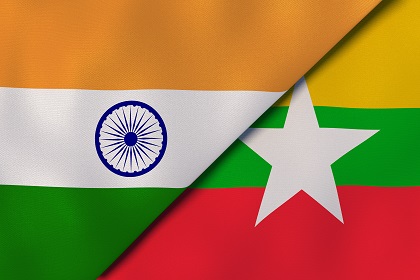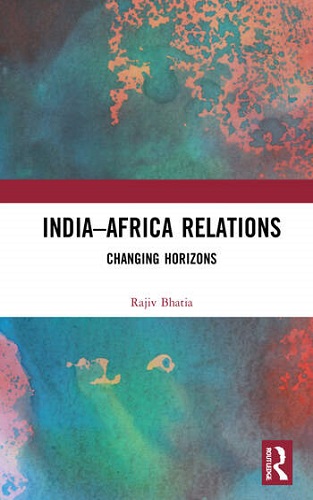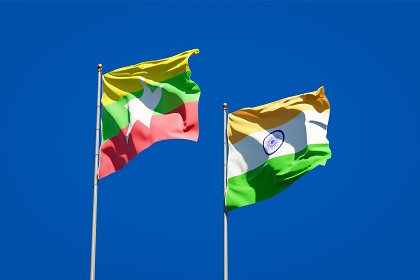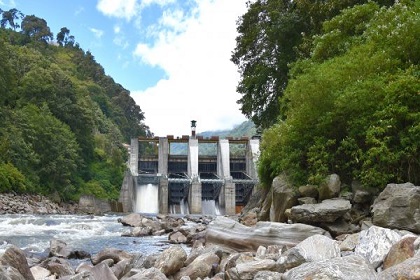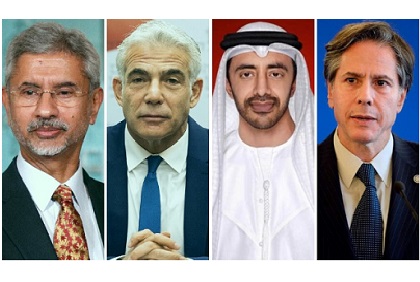Tapping India’s high equity in Myanmar
Last month, an Indian delegation led by Foreign Secretary Harsh Shringla, visited Myanmar and met with the military leadership. Bilateral discussions prioritised border security, economic cooperation and refugee issues. New Delhi must carefully balance its relations with Naypyitaw, with a dual focus on cross-border projects and restabilising democratic rule in the country.

